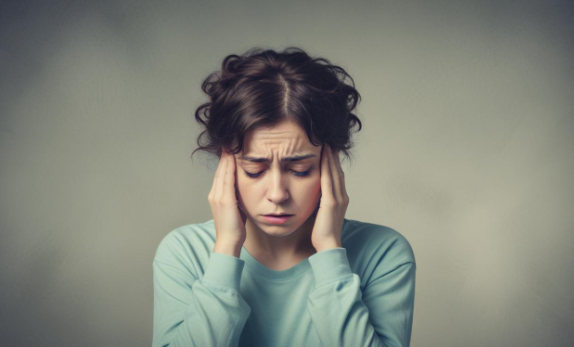
- Bipolar Disorder, Psychiatrist in Compton
- 0 Comments
Mental health is an essential pillar of overall wellness, shaping how we think, feel, and interact with the world around us. Among the most impactful psychiatric conditions is bipolar disorder, a mood disorder characterized by alternating episodes of mania and depression. These intense emotional states can disrupt relationships, careers, and daily functioning. Access to timely […]
Read More







